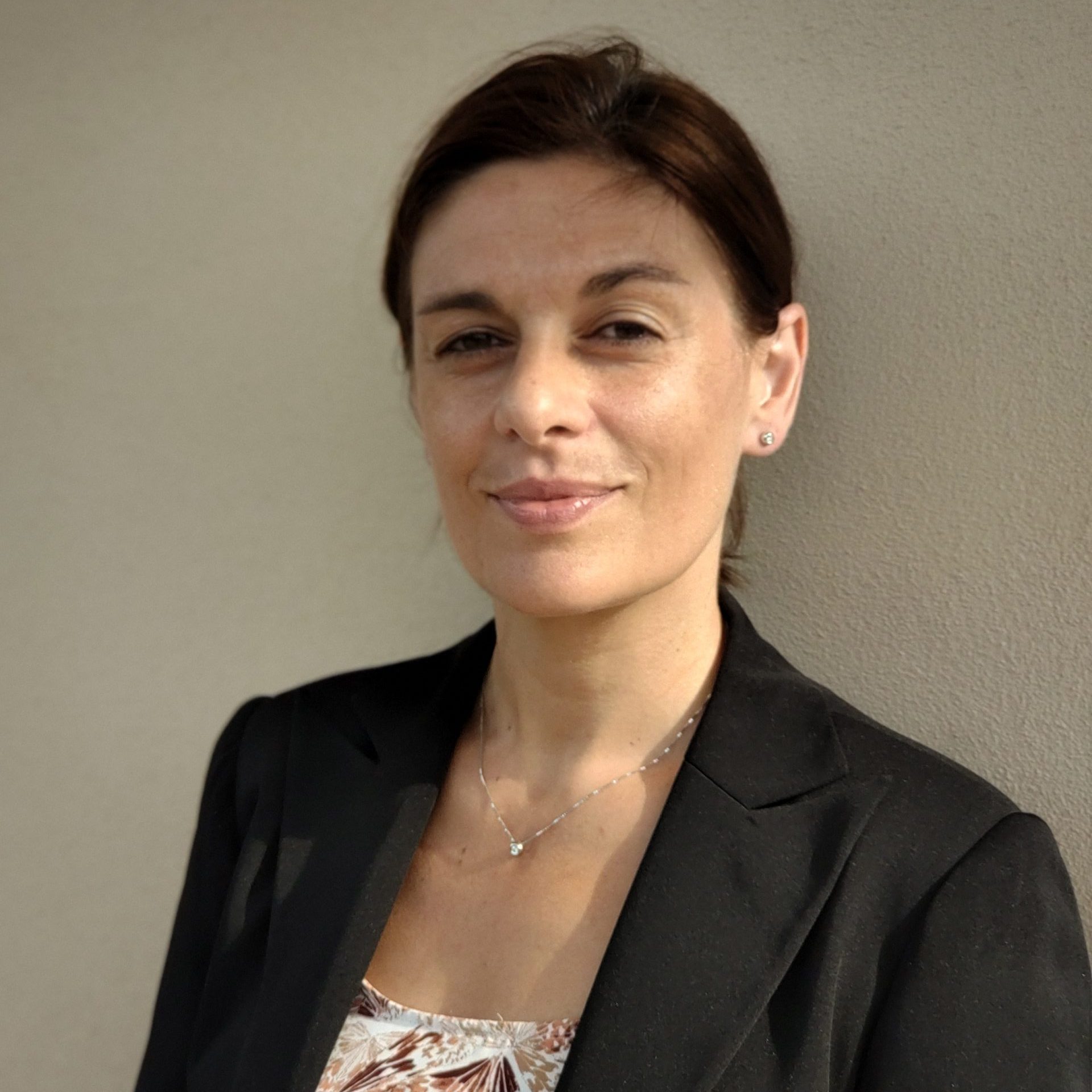Dr Lucia Marucci
Furthering genome design using whole-cell models
Whole-cell models (WCMs) are mathematical models designed to capture the function of all genes and core processes within a cell. The interest in WCMs stems from their ability to provide an integrated picture of multiscale cellular processes, uncover novel phenotypes, and understand the behaviour of cells engineered for biotechnology purposes. Two partially complete WCMs have been published to date for the bacteria Mycoplasma genitalium (MG) and Escherichia coli (E. coli).
In this talk, I will first present how WCMs should support rational cellular design, using minimal genomes as a proof-of-concept. Our computational design-simulate-test cycles combine the MG WCM with genome design algorithms and predict in silico minimal genomes smaller than JCVI-Syn3.0 (currently, the bacterium with the smallest genome). We also used the MG WCM to “repair” hypothetical minimal gene sets from the literature.
I will then present applications of machine learning to WCMs, with the aim of supporting model output interpretation (i.e., MG metabolic flux phenotypes upon gene removal), and solving the WCM simulation time challenge by building surrogate representations of the original E. coli model.
Our results should make WC modelling practical for diverse bioengineering applications, bringing the digital design of entire genomes and laboratory engineering a step closer.

Dr Lucia Marucci
Associate Professor in Systems and Synthetic Biology; EPSRC Fellow, University of Bristol (UK)
Dr Lucia Marucci is a Fellow of the Engineering and Physical Sciences Research Council (EPSRC), and co-director of the Bristol Centre for Engineering Biology (BrisEngBio) and the Bristol BioDesign Institute (BBI). She holds a PhD in Automatic Engineering, and she was a European Molecular Biology (EMBO) fellow and a Medical Research Council (MRC) new investigator. Her interdisciplinary group works at the interface of systems and synthetic biology with control engineering and computer science, and is focused on the development of rational and automated strategies to rationally understand and design complex cellular phenotypes. Recent and ongoing research include: the combination of whole-cell mathematical models with optimization algorithms and machine learning to guide genome design; the design, modelling and experimental implementation of controllers (either embedded into cells or implemented externally via microfluidics/microscopy platforms) to steer gene expression and proliferation dynamics in both bacterial and mammalian cells; the development of multiscale models for 3D cell cultures and organoids.
